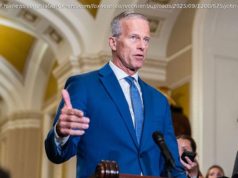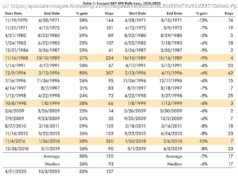Turkey’s credit rating plunged deeper into junk territory after a significant downgrade from world markets on Friday.
Credit ratings for Turkey under the current administration of President Recep Tayyip Erdogan have plunged sharply over the last 24 hours, as global financial services, including Moody’s and S&P, have downgraded the largest economy in the Middle East to below investment grade, according to Bloomberg.
Investment services Moody’s Corporation (Moody’s) and Standard and Poor’s Financial Services Company (S&P) pushed Turkey’s investment status further into junk territory on Friday, citing the wildly plunging value of the lira as well as deep debt held by the Erdogan government.
S&P dropped ratings for Turkey from B+ to BB-, four points below investment grade, and Moody’s reduced the country’s rating from Ba3 to Ba2, three points below investment grade.
The new ratings drop puts Ankara in the same investment class as Greece, Fiji and Argentina, according to Bloomberg.com.
Deep drops in the value of the lira followed sanctions by the administration of US President Donald Trump on high-ranking members of Erdogan’s court, particularly over what are seen as the Turkish president’s human rights violations in the wake of a failed 2016 coup and, more recently, the detention of a US pastor.
The increasingly autocratic Turkish leader has taken steps to suggest that the US sanctions and subsequent financial turmoil in the country are the result of an ‘economic war‘ promulgated by Trump .
„The weakening of the lira is putting pressure on the indebted corporate sector and has considerably increased the funding risk for Turkey’s banks,“ S&P said in a statement, cited by Bloomberg.
„Despite heightened economic risks, we believe the policy response from Turkey’s monetary and fiscal authorities has so far been limited,“ the financial services company asserted.
S&P and Moody’s have several times dropped Turkey’s credit rating over 2018, citing overheated growth in the nation’s economy and increasing debt.
„We forecast a recession next year,“ a spokesperson for S&P stated, adding, „inflation will peak at 22 percent over the next four months, before subsiding to below 20 percent by mid-2019.“ cited by Bloomberg.






